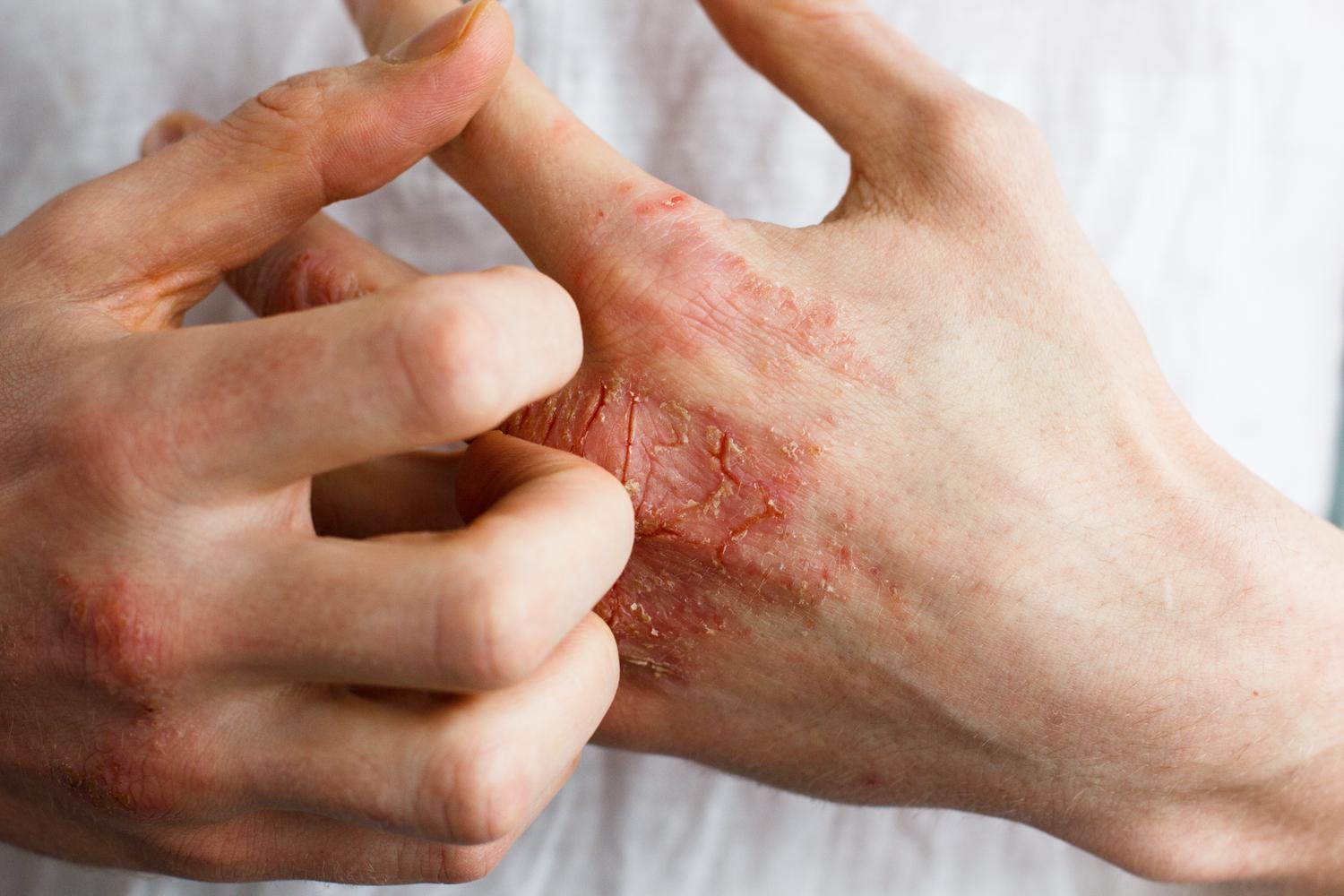Can I Get Over the Counter UTI Medicine?
Key Takeaways
- Over-the-counter medications can relieve UTI symptoms like pain and burning, but only prescription antibiotics can cure the infection
- Untreated UTIs can lead to serious health issues, so diagnosis and treatment from a healthcare provider is essential
- Typically, the fastest way to get antibiotics for a UTI is to book a same-day telehealth visit, where you can receive a diagnosis and a prescription from a licensed provider if appropriate
Experiencing a burning sensation when you pee or frequent urges to go? You might be dealing with a urinary tract infection (UTI).
UTIs are common infections that occur when bacteria (usually E. coli bacteria) enter the urinary tract and multiply. They can be uncomfortable and even painful. And if you're experiencing UTI symptoms, you're probably focused on getting relief as soon as possible.
While over-the-counter (OTC) medications can help ease pain and burning from UTIs, these products won't cure the infection. Antibiotics are the only way to fully treat a UTI. However, OTC medicines can offer temporary relief from your symptoms while you wait to see a doctor or start a prescription.
In this post, we'll break down the best OTC options for UTI symptom relief. Plus, learn when to see a doctor and how to get fast, affordable treatment without leaving your home.
Can you treat a UTI with over-the-counter meds?
No. While some OTC UTI medications can provide symptom relief, you need prescription antibiotics to cure a UTI. These medications work by eliminating the UTI bacteria and preventing the infection from returning.
Antibiotics are the fastest way to get rid of a UTI. Patients usually start feeling better within a day or two of starting treatment.
What’s the best OTC UTI treatment?
Prescription-strength antibiotics are required in order to get rid of a UTI quickly and for good. However, OTC uti treatments may help provide temporary relief from UTI symptoms like itching and burning.
The best OTC medicines for UTI symptoms include:
- Phenazopyridine (generic for Azo Urinary Pain Relief and Pyridium): Phenazopyridine helps relieve painful urination caused by UTIs. It works within 20 minutes and can be taken multiple times daily to help reduce uncomfortable symptoms while you wait for antibiotics. This drug can your urine to become a reddish-orange color.
- Cystex: Cystex contains methenamine and sodium salicylate. It does not cure an existing UTI but can help manage the burning sensation during urination.
- Acetaminophen and ibuprofen: These OTC pain relievers can help reduce inflammation and pain. They can also treat the cramping and burning symptoms of a UTI.
If you are already taking an antibiotic for a UTI, talk to a healthcare provider before starting to use any OTC pain-relieving medications. Certain drugs can interact in the body, causing potentially serious side effects.
Home remedies for UTI prevention
Little medical evidence shows supplements and home remedies can protect you against UTIs. However, some people have found the following home remedies helpful:
Cranberry juice: Cranberry juice and cranberry products are widely believed to help prevent recurrent UTIs. This claim, however, is not backed up by evidence. Drinking extra fluids helps reduce UTI symptoms, and doctors often order it along with antibiotic treatment. In other words, cranberry juice does not help UTI symptoms, but drinking more fluids can offer additional help while taking antibiotics.
Probiotics: Probiotics are supplements that contain live yeast and bacteria. While these supplements will not help cure a UTI, they may help with digestion and overall wellness.
D-mannose powder: There is some evidence that D-mannose powder can help prevent UTIs. D-mannose is a sugar found in the human body, along with several types of fruit. You can buy D-mannose in the supplement aisle of the supermarket or some health food stores. More research is needed to determine whether or not D-mannose is effective at preventing UTIs.
Again, it’s important to get medical advice from a healthcare provider before using any OTC or home remedies to treat a UTI, especially if you are already taking an antibiotic medication.
What is the best UTI treatment?
Prescription antibiotics are the best way to cure a urinary tract infection. This is because UTIs are bacterial infections, which rarely go away on their own and can cause severe problems if left untreated.
Without antibiotic treatment, a UTI can lead to:
- Recurrent UTIs
- Permanent kidney damage from a kidney infection
- Pregnancy problems (like low birth weight and premature birth)
- Sepsis (a potentially life-threatening medical emergency)
These complications make it all the more vital to get medical care from a healthcare provider, who can prescribe antibiotics for your infection if appropriate.
Standard antibiotic treatment options for UTIs include:
Antibiotics have been shown to cause some mild side effects, including nausea, diarrhea and skin rashes. Talk to a healthcare professional if these symptoms become severe or your UTI doesn’t start feeling better after a few days of antibiotic treatment.
Can you get UTI treatment without seeing a doctor?
You need a prescription from a licensed healthcare provider to get antibiotics for a UTI. This means you must consult with a healthcare provider, either in person or via telehealth visit.
If you prefer to get care from home, telehealth platforms can connect you to a provider online. During the appointment, you’ll discuss your symptoms, and if needed, share results from any at-home UTI tests. If your provider determines that you have a UTI, they can order medication to be picked up at your local pharmacy.
How to tell if you have a UTI
Not all UTIs cause symptoms, but most do.
The signs and symptoms of a UTI include:
- A strong and persistent urge to urinate
- A burning sensation while urinating
- Peeing in small amounts but frequently
- Cloudy or hazy urine
- Scarlet, bright pink, or cola-colored urine (this can indicate blood in your urine)
- Strong smelling urine
- Pressure or cramping in the groin or lower abdomen
If the infection has spread to the ureters or kidneys (a condition known as a “complicated UTI”), you may experience back pain or side pain. You may also get a fever with chills, nausea, and vomiting.
Complicated UTIs increase your risk of kidney damage and sepsis. You should seek immediate medical care if you experience the signs of a UTI along with these symptoms.
When to see a doctor
You should see a healthcare provider as soon as you notice signs of a UTI. Getting tested for a UTI right away will reduce your risk of health complications.
Providers often use urinalysis tests to help diagnose UTIs. These UTI tests check for certain substances in the urine that indicate infection. They are commonly performed at a doctor’s office or urgent care clinic. You can also buy UTI test strips to test yourself at home.
How Sesame can help
If you’re experiencing the signs of a UTI, you can access same-day care by booking online UTI visit on Sesame. Providers on Sesame can offer medical advice and prescribe antibiotic medication if appropriate. Don’t wait to get treatment. Book a visit on Sesame so you can start feeling better fast.









